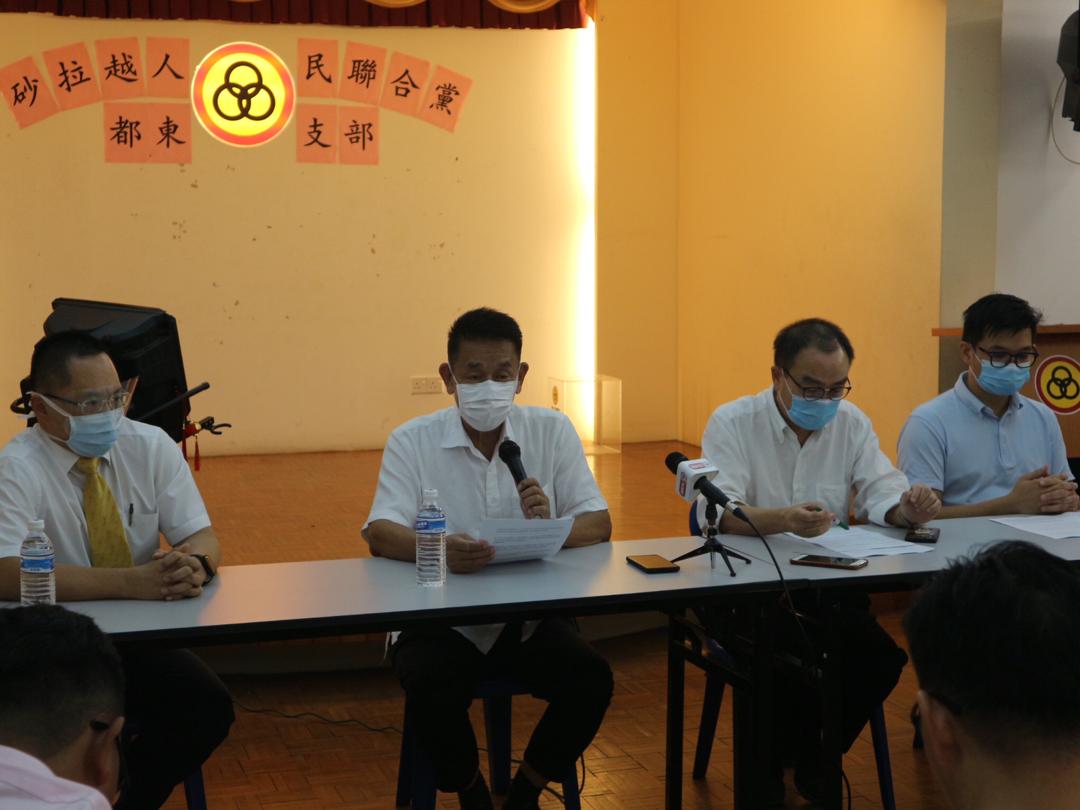KUALA LUMPUR, July 22 — Hospitals in Sabah and Sarawak are facing a severe shortage of medical specialists in all major disciplines, the Sarawak United Peoples’ Party (SUPP) revealed.
The member party of the Sarawak ruling coalition, GPS, revealed that seven west coast states from north to south peninsular Malaysia had two to 18 times more specialists compared to Sarawak, and between three and 33 times more than Sabah, across the anaesthesiology, surgery, orthopaedic surgery, medicine, paediatrics, and obstetrics and gynaecology departments, based on 2010 data from the Clinical Research Centre.
According to the study, Sarawak only accommodated 0.14 anaesthesiology specialists per 10,000 population compared to 0.30 in Peninsular West Coast states. Under the surgery department, Sarawak had 3.8 times fewer specialists than Peninsular West Coast states. The orthopaedic surgery department in Sarawak only accommodated 0.11 specialist medical practitioners per 10,000 population compared to 0.23 in peninsular west coast states.
Shockingly, obstetrics and gynaecology specialists in Sarawak were 18 times fewer than those in peninsular west coast states. Medicine and paediatrics departments in peninsular west coast states had double the number of specialists compared to Sarawak.

SUPP also disclosed that medical officers from West Malaysia who were posted to Sarawak General Hospital in Kuching under a six-month extended contract did not turn up for duty.
“We cannot blame them as Sarawak is not their home state and the job offered was only for six months,” said Meradong assemblyman Ding Kuong Hiing, who is also SUPP Education Bureau chairman, in a statement today.
In mid-April at the peak of the Covid-19 outbreak in Malaysia, the government extended by six months the contracts of government doctors, pharmacists, and dentists whose service ended late last year or is due for termination this year.
Recently, Health Minister Dr Adham Baba told Tangga Batu MP Rusnah Aluai (PKR) in a written Parliament reply that the current 23,928 permanent medical officers who have not yet pursued specialist training are sufficient if extra specialists are needed in MOH.
According to Dr Adham, as of March 31 this year, there were a total of 5,322 specialist medical officers nationwide, with an increase of 797 specialists, or 15 percentage points, compared to 4,525 specialist medical officers as of December 31, 2016.
“We are extremely surprised by the written reply from the Health Minister, on an issue that will have profound effect on medical services in this country. Firstly, he should realise that not all doctors are suitable for specialist training, as further postgraduate training is both physically and mentally demanding,” Ding said.
“It is not easy for a doctor who completed five to six years of undergraduate training and to commit him or herself again to further six to 10 years of specialist or subspecialist training. Those who are committed to this career pathway should be encouraged and given all the necessary opportunities to do so.”
The Malaysian Medical Association (MMA) and the Academy of Medicine of Malaysia (AMM) also criticised the Ministry of Health (MOH) for telling contract doctors to self-finance specialist training abroad as they’re ineligible for a government scholarship for local postgraduate study.
Ding emphasised today that a permanent post, or a longer contract beyond the two-year compulsory service, is the right way to tackle specialist shortages in the country.
He insisted that the government offer permanent MO posts to Sabahans and Sarawakians in order to ensure that they will remain and stay for service in these two states.
Earlier, Dudong SUPP branch chairman Wong Ching Yong said he was informed that Sarawakians only comprised nine, or less than 10 per cent, out of 102 medical officers nationwide who received offers of permanent positions from the government to work in Sarawak from the third cohort.
CodeBlue reported previously that 1,500 contract housemen from the third cohort — whose training started in May 2017 — were offered two-year contracts as UD41 medical officers from May 2020 to May 2022 to complete their compulsory government service. MOH’s offer letter stated that this would be their final contract. Not a single doctor from this cohort reportedly received a permanent post in the public sector.








